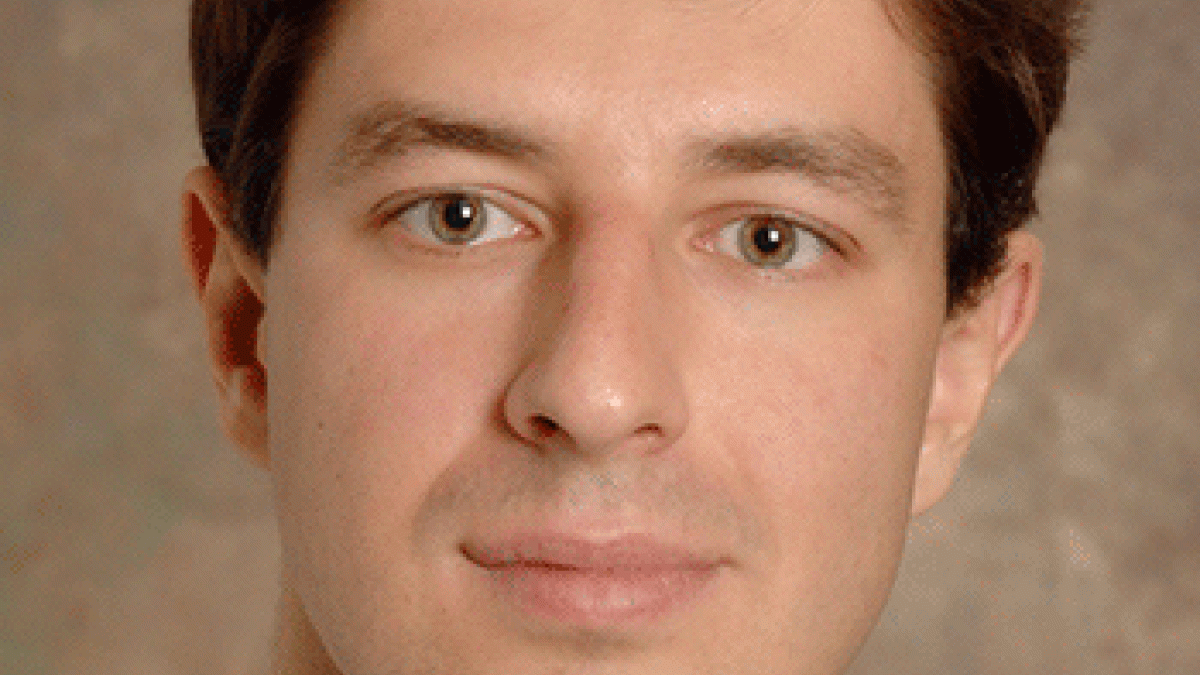ASU math professor earns international Marie Curie fellowship

An Arizona State University professor is traveling to London to help develop a qualitative theory for describing the long-term, unusual and hard-to-predict behavior in random processes that arise in physics, biology, finance and other areas of science.
Vladislav Vysotsky, an assistant professor in the School of Mathematical and Statistical Sciences within the College of Liberal Arts and Sciences, has won a prestigious Marie Curie Actions International Incoming Fellowship by the European Commission. Top-class researchers from outside Europe are selected for the fellowship to encourage research cooperation between Europe and other parts of the world.
Vysotsky will begin his two-year fellowship project this fall at the mathematics department of Imperial College London, which is consistently ranked as one of the top universities in the world. He will work with professor Alex Mijatovic, an expert in probability theory and its applications in financial mathematics and co-head of Imperial Probability, an association of researchers across scientific disciplines at Imperial College with a common interest in probability.
“We are interested in similar types of problems, and the basis of our collaboration is the complementary nature of our skills,” says Vysotsky. “I am an expert in theoretical probability and discrete-time stochastic processes, while professor Mijatovic specializes in continuous-time processes with jumps, and has well-established relations with financial market practitioners.”
Their research project aims to have an impact on significant practical and theoretical problems of much interest to physicists, mathematicians, financial risk managers and others who are interested in evaluating the risk of random events.
Vysotsky is looking forward not only to working with Mijatovic, but also establishing collaborations with other probabilists and specialists in other areas of mathematics, including the famous group on dynamical systems at Imperial. Another benefit of the location is that London is ideally connected with the world-leading centers of probability theory, including University of Warwick in the UK and Universities of Pierre et Marie Curie and Paris-Sud in Paris.
Vykotsky earned a master of science in mathematics and a doctoral degree in probability theory from St. Petersburg State University, Russia, and was a visiting assistant professor at the University of Delaware.